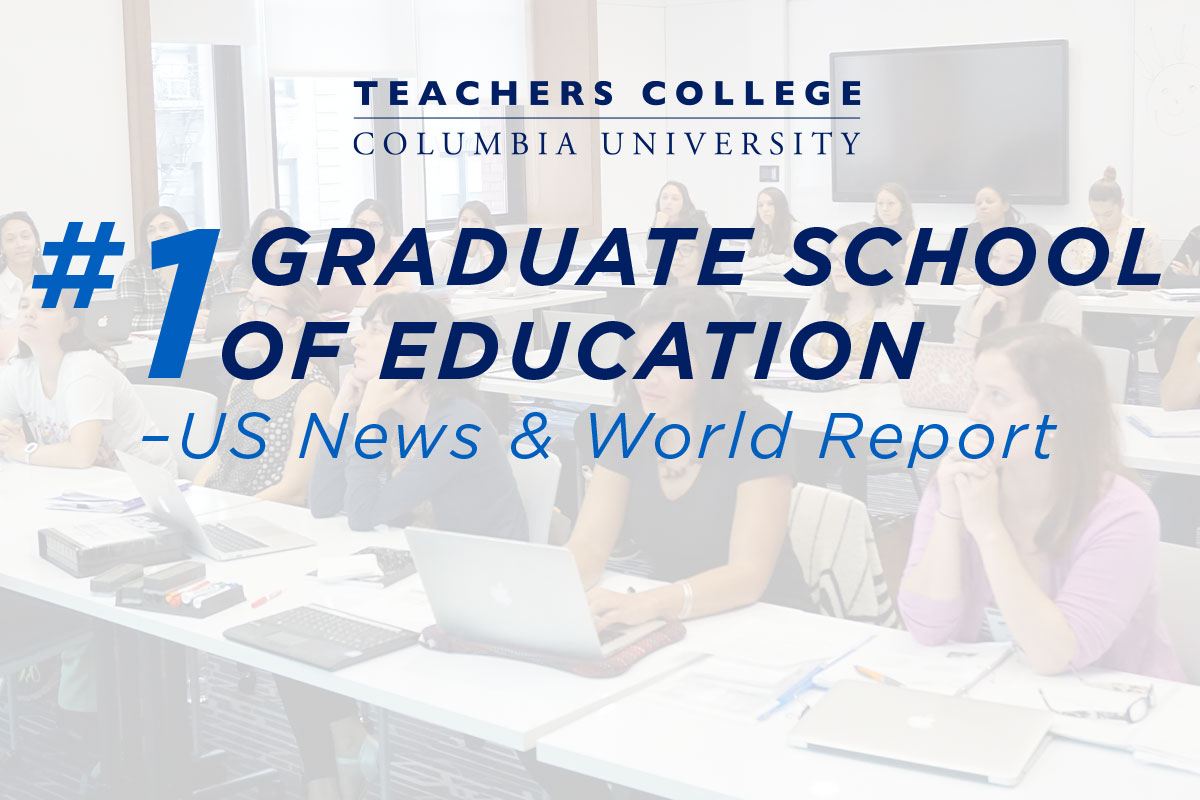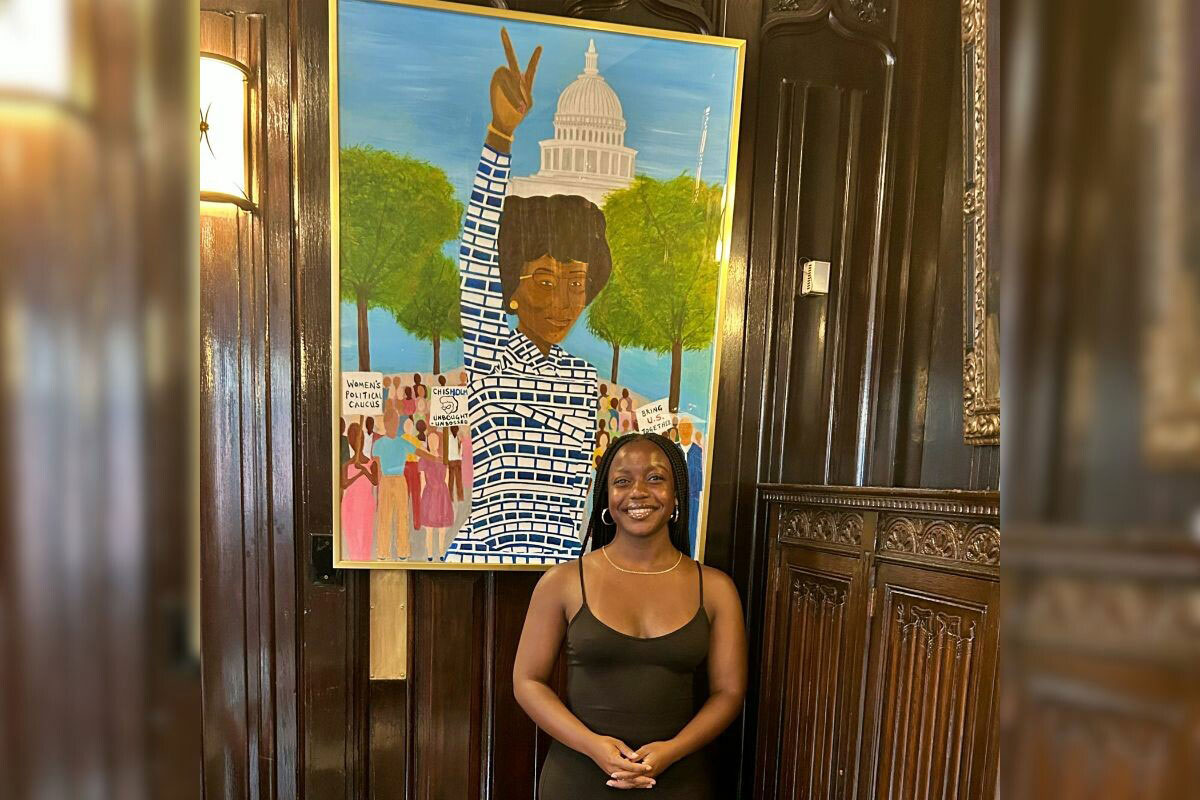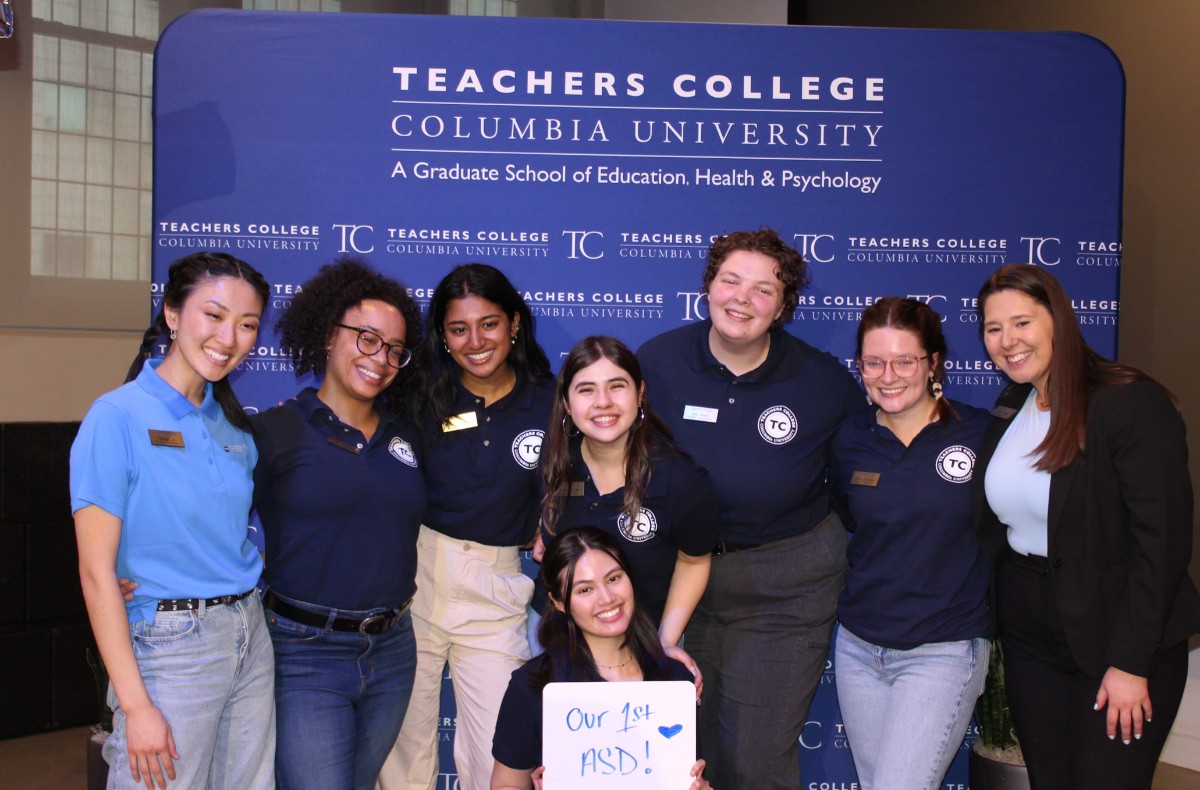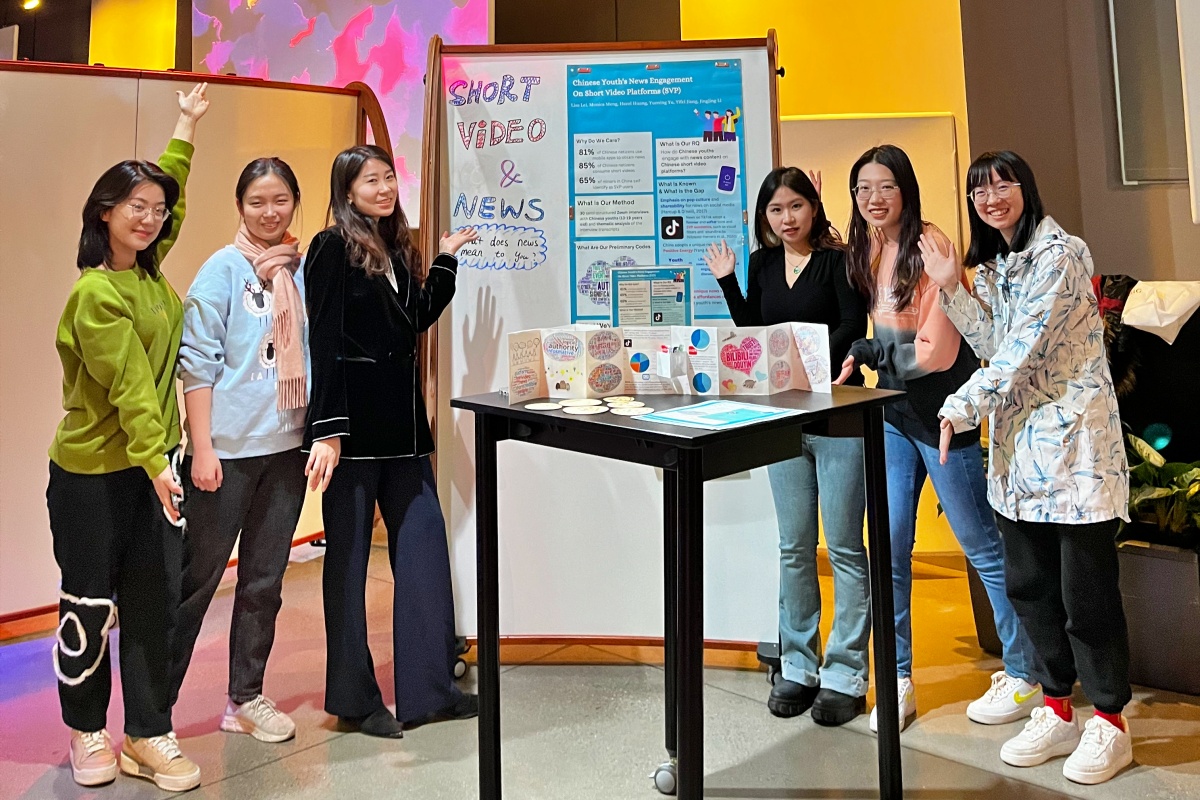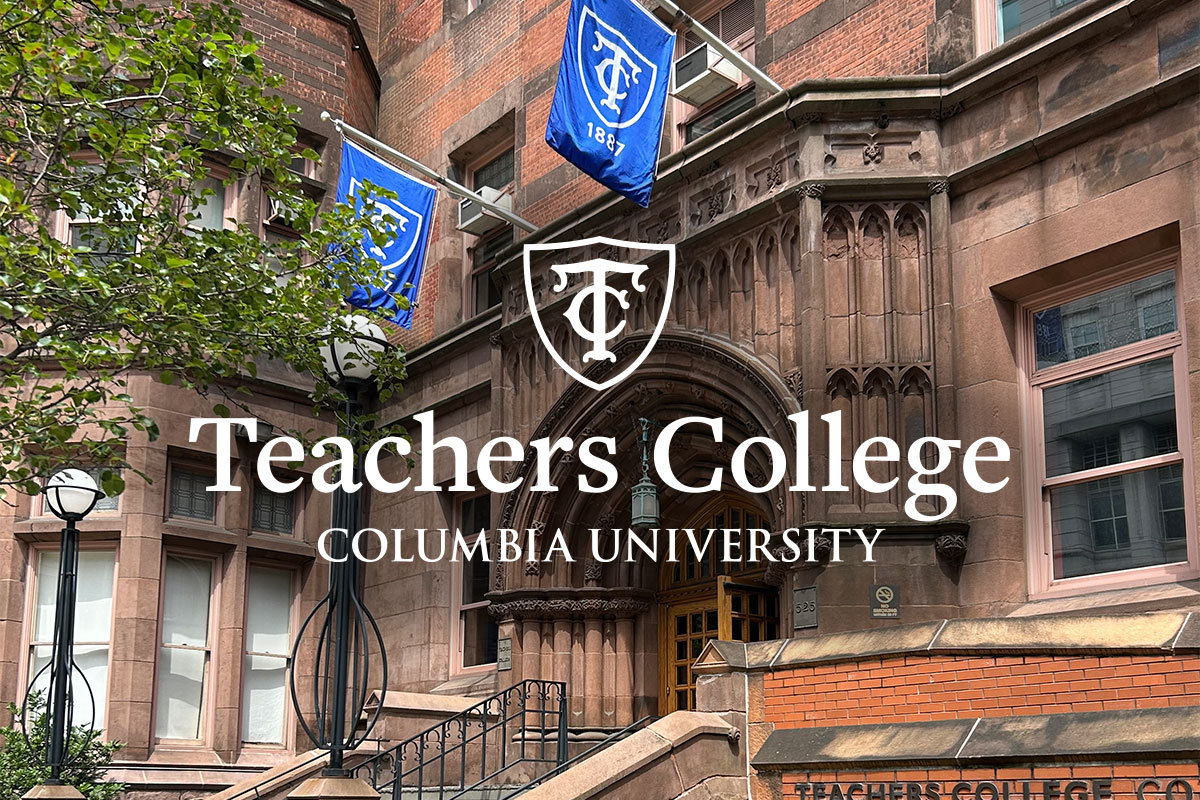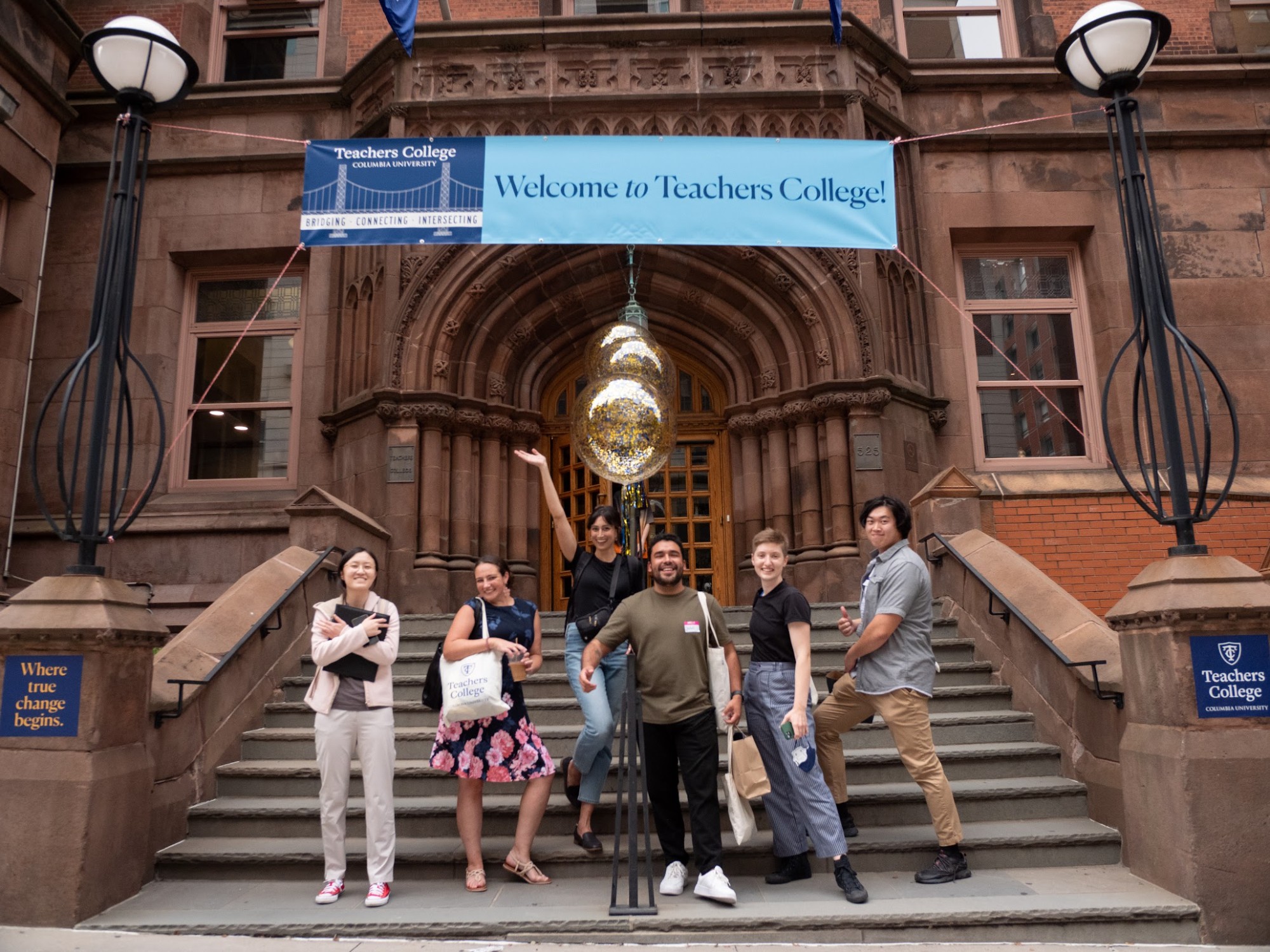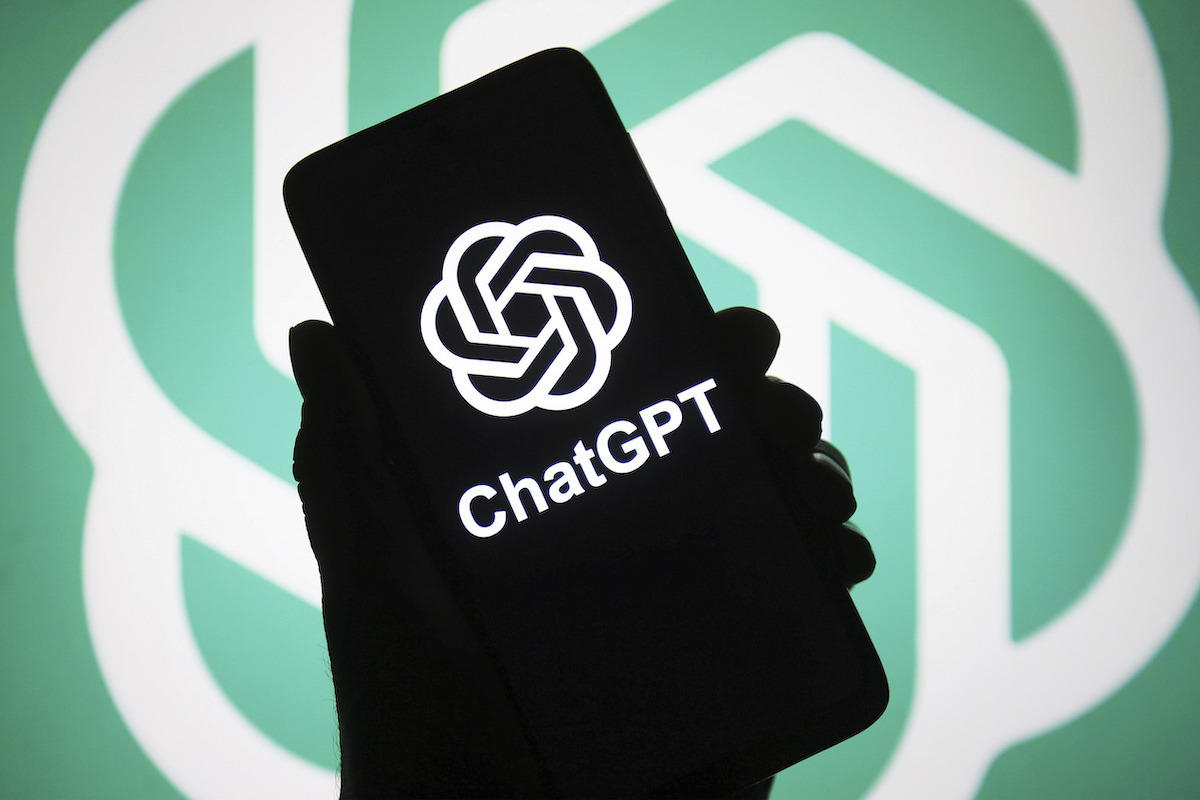Overview
Since its founding in 1887, Teachers College has paired humanitarian concerns with a broad-based scientific approach to human development premised on three complementary and interrelated areas of study: education, health and psychology.
Teachers College combines research, theory and practice to pursue our vision to create a smarter, healthier and more just and equitable world. Having educated more than 100,000 students globally, we prepare scholars, educators and practitioners; pioneer research and fields of study; provide critical expertise and advance the dissemination of knowledge for the public good.
Charting a Strategic Path Forward
Teachers College has a responsibility to explore and uncover the far reaches of educational and pedagogical possibilities that will strengthen the world’s ability to respond to new challenges and effect positive change. We have a moral imperative to lead the way in addressing inequality.
To meet this challenge, we have first turned inward, with the goal of evaluating and refining the College’s own structures in order to empower its students, faculty, staff, alumni, partners and external constituents in practice.
Our Strategic Priorities Have Strengthened Our Ability To Lead Forward
When I became president of the College in 2018, I envisioned five Strategic Priorities that would not only help us to realize TC’s vision of combating the vast health, education and economic disparities that afflict our society, but also help us to thrive as an institution. During the past seven years, we have made great strides in advancing and meeting the following priorities.
Priority 1: Build the Optimal Academic Organization
Priority 2: Institutionalize a Culture That Supports Our Community
Priority 3: Enhance Student Pathways
Priority 4: Advance Research for a Better World
Priority 5: Lead in Digital Innovation
I am proud of what we have accomplished and I am eager to continue to build on this foundation to demonstrate impact well beyond the campus. To learn more about our progress, I welcome you to view the most recent State of the College address from 2024.
Recent Work
Feedback
Share your feedback or questions via email at TCGeneration@tc.columbia.edu.
Support TC
Interested in supporting TC’s work to create a smarter, healthier and more equitable world?
